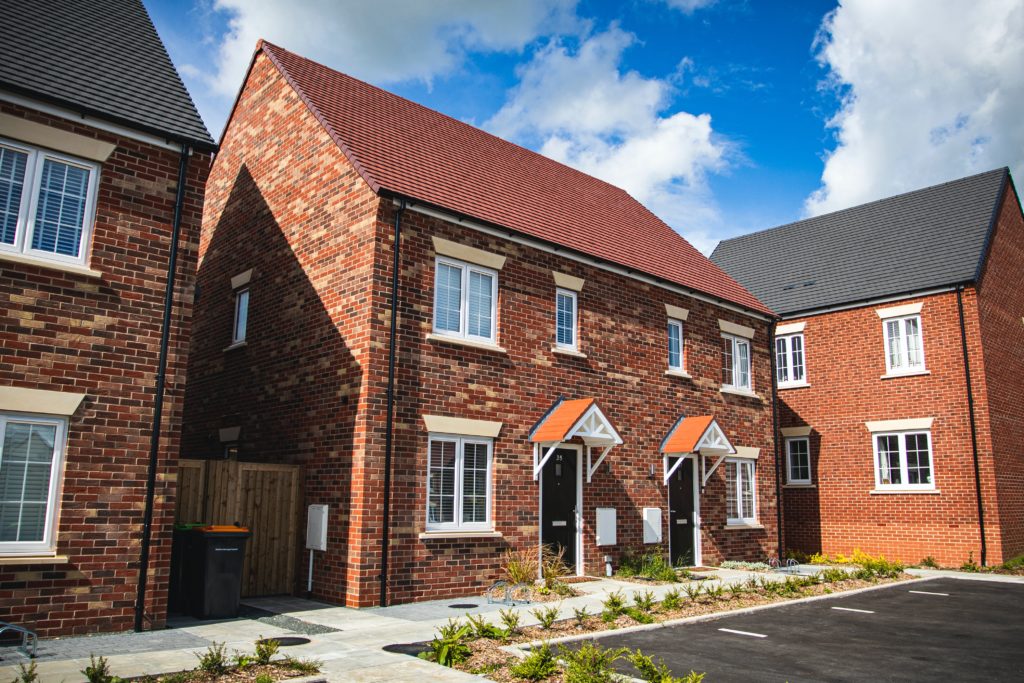House prices were up by half a per cent in April after seven months of consecutive falls, according to the latest figures from Nationwide building society.
The average UK house cost £260,411 compared with £257,122 in March, although year-on-year growth for April remained negative at minus 2.7 per cent.
Nationwide’s chief economist Robert Gardner said: “In recent months industry data on mortgage applications point to signs of a pickup.
“If inflation falls sharply in the second half of the year, as most analysts expect, this would likely further bolster sentiment, especially if labour market conditions remain strong.”
He added that consumer sentiment had shown a positive shift with people viewing their financial position over the next 12 months in a more positive light.
Although Bank of England data revealed the number of mortgages approved for house purchase in February was nearly 40 per cent lower than a year ago.
“Any upturn is likely to remain fairly pedestrian, as it will take time for household finances to recover, since average earnings have been failing to keep pace with inflation, and by a wide margin over the last few years,” said Mr Gardner.
He added that mortgage interest rates, while below the highs after last year’s mini-budget, were still nearly double that of this time last year and that this would act as an inhibitor.
Housebuilding hit the hardest in 2023
Private housebuilding is expected to experience a 17 per cent contraction this year, according to the Construction Products Association, CPA. Private housing repairs, maintenance and improvements are expected to drop by nine per cent too.
CPA research head Rebecca Larkin said that a drop in planning applications in the second half of last year coupled with competing spending decisions such as overseas holidays were responsible.
“The sharp falls that are forecast for housing in 2023 mean that overall, a construction recession will be unavoidable,” said Ms Larkin.
However, she added that the overall 6.4 per cent expected reduction in construction output is smaller than during the building recessions of 2008, 2009, 2012 and 2020.
Brokers Hank Zarihs Associates said auction finance lenders were worried about delays in planning approval and levelling up secretary Michael Gove’s decision to scrap local authority housing targets.

